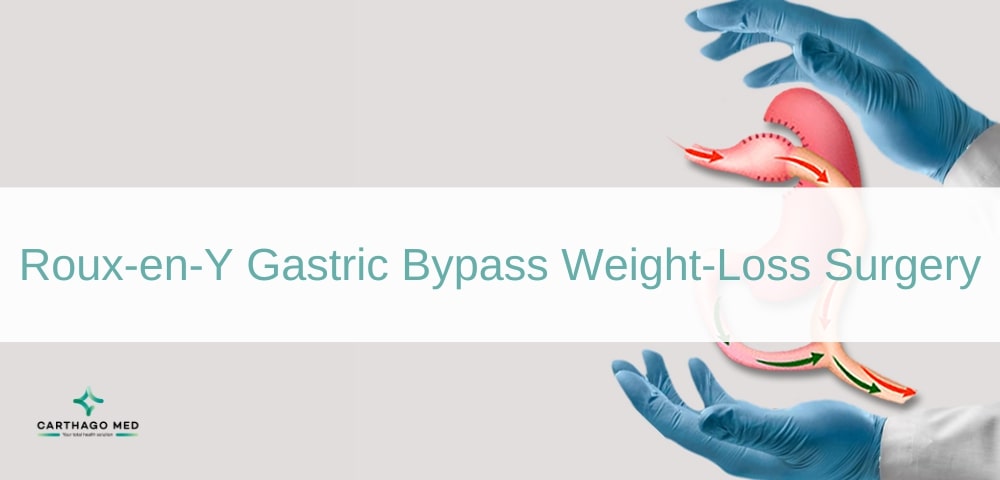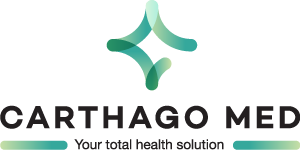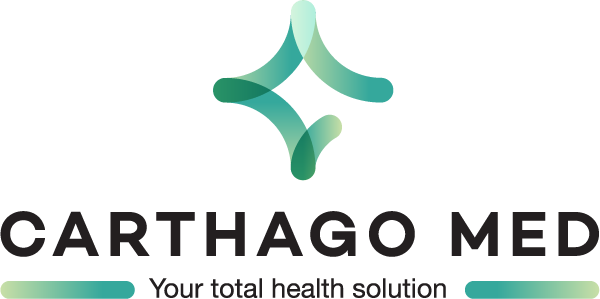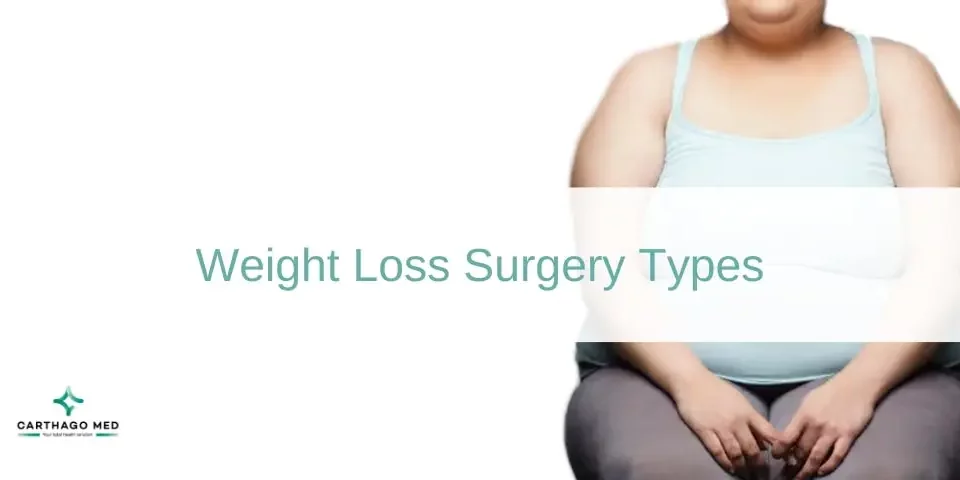
Roux-en-Y Gastric Bypass Weight-Loss Surgery
What is gastric bypass weight-loss surgery?
Gastric bypass weight-loss surgery, also known as gastric bypass surgery, is a complex and innovative medical procedure designed to help individuals struggling with morbid obesity achieve significant weight loss. During this surgery, a small pouch is created at the top of the stomach and connected directly to the small intestine, bypassing a portion of the stomach and the first section of the small intestine. By altering the digestive process, this surgery restricts the amount of food a person can eat and reduces the absorption of nutrients, leading to substantial weight loss over time. Gastric bypass surgery is typically recommended for individuals who have been unable to lose weight through other methods and are at risk of serious health complications due to obesity. It is important to note that this surgery is not a quick fix, but rather a tool that, when combined with lifestyle changes, can support long-term weight loss and improved overall health.
Why might I need gastric bypass weight-loss surgery?
Gastric bypass weight-loss surgery may be recommended for individuals who are severely obese and have been unable to lose weight through conventional methods such as diet and exercise. Typically, candidates for this surgery have a body mass index (BMI) of 40 or higher, or a BMI of 35 or higher with obesity-related health conditions like diabetes, high blood pressure, or sleep apnea. In some cases, gastric bypass surgery might also be considered for those with a BMI between 30 and 35 if they have serious obesity-related health issues.
The surgery becomes a viable option when obesity significantly impacts an individual’s overall health and quality of life, putting them at higher risk for life-threatening conditions such as heart disease, stroke, or certain types of cancer. Additionally, those struggling with obesity-related joint pain, infertility, or mental health issues due to their weight may also be candidates for gastric bypass surgery. It’s crucial to note that this decision is typically made after thorough evaluation and consultation with healthcare professionals, who assess the potential risks and benefits to determine if the surgery is the right choice for the patient’s specific situation.
What are the risks of gastric bypass weight-loss surgery?
Gastric bypass weight-loss surgery, like any major medical procedure, carries certain risks and potential complications. One of the primary risks is the possibility of post-surgical infections, which can occur at the site of incisions or within the abdomen. Additionally, there is a risk of developing blood clots, which can potentially travel to the lungs or other vital organs, leading to serious complications.
Another concern is leakage from the surgical connections made within the digestive system, which can result in infections and require additional surgeries to correct. Nutritional deficiencies are also a risk, as the altered digestive process may lead to deficiencies in essential vitamins and minerals, necessitating lifelong supplements and regular monitoring.
Moreover, some patients may experience dumping syndrome, a condition where food moves too quickly through the digestive system, causing nausea, vomiting, and diarrhea. Gallstones, kidney stones, and ulcers are other potential complications that can arise after gastric bypass surgery.
It’s essential for patients to be aware of the risks associated with the procedure and discuss them thoroughly with their healthcare providers. Surgeons and medical teams take extensive precautions to minimize these risks, but understanding the potential complications is crucial for informed decision-making before undergoing gastric bypass weight-loss surgery. Regular follow-ups and adherence to post-surgical guidelines can significantly reduce the likelihood of complications and promote a successful recovery.
How do I get ready for Roux-en-Y gastric bypass surgery?
Preparing for Roux-en-Y gastric bypass surgery involves several important steps to ensure a safe and successful procedure. First and foremost, it is crucial to have a thorough consultation with a healthcare provider specializing in bariatric surgery. During this consultation, the surgeon will evaluate your overall health, medical history, and weight loss goals to determine if you are a suitable candidate for the surgery.
In the weeks leading up to the surgery, patients are typically required to undergo various tests, including blood work, imaging studies, and cardiac evaluations, to assess their overall health and identify any potential risks. It is essential to follow any pre-operative instructions provided by the medical team, which may include dietary guidelines, physical activity recommendations, and restrictions on certain medications.
Emotional preparation is also vital. Many patients find it helpful to attend counseling or support groups to address any concerns or anxieties they may have about the surgery. Understanding the lifestyle changes that come after the surgery, such as dietary modifications and increased physical activity, can contribute to mental readiness for the post-operative phase.
Additionally, patients need to arrange for a support system during their recovery period. Having family members, friends, or caregivers to assist with daily tasks can be immensely helpful during the initial stages of recuperation. It’s essential to communicate openly with the healthcare team, ask questions, and address any concerns to ensure you are fully prepared both physically and mentally for the Roux-en-Y gastric bypass surgery. By actively participating in the preparation process, patients can enhance the likelihood of a positive surgical outcome and a smoother recovery experience.
What happens during Roux-en-Y gastric bypass surgery?
Roux-en-Y gastric bypass surgery is a complex procedure designed to help individuals struggling with obesity achieve significant and sustainable weight loss. During the surgery, patients are placed under general anesthesia to ensure they are unconscious and pain-free throughout the procedure. The surgery involves creating a small pouch at the top of the stomach, which significantly reduces the amount of food a person can eat at one time. This pouch is then connected directly to the small intestine, bypassing a portion of the stomach and the first section of the small intestine, known as the duodenum.
By rerouting the digestive system, the surgery limits both the intake of food and the absorption of calories and nutrients. This dual mechanism promotes weight loss by restricting the amount of calories the body can absorb, leading to a significant reduction in overall body weight. The surgery is typically performed laparoscopically, using small incisions and a camera-equipped device called a laparoscope. This minimally invasive approach reduces the recovery time and post-operative discomfort for the patient.
One of the key benefits of Roux-en-Y gastric bypass surgery is its ability to not only induce weight loss but also improve or resolve obesity-related health conditions such as type 2 diabetes, high blood pressure, and sleep apnea. After the surgery, patients are closely monitored by healthcare professionals, and they receive guidance on dietary changes, physical activity, and other lifestyle modifications essential for a successful and sustainable weight loss journey. It’s important for patients to follow post-operative instructions diligently and attend regular follow-up appointments to optimize the outcomes of the surgery and ensure long-term health and well-being.
What happens after Roux-en-Y gastric bypass surgery?
After undergoing Roux-en-Y gastric bypass surgery, patients enter a carefully monitored post-operative phase crucial for their recovery and long-term success. In the initial days following the surgery, patients are closely observed in the hospital to ensure there are no complications and to monitor their pain levels and overall well-being. During this time, healthcare professionals provide detailed instructions on post-surgical care, including dietary guidelines, physical activity recommendations, and medications to manage pain and prevent infections.
The transition to solid foods is gradual, starting with clear liquids and progressing to pureed and soft foods over several weeks. Patients receive extensive nutritional counseling to adapt to their smaller stomach capacity and ensure they receive essential vitamins and minerals. Regular follow-up appointments with healthcare providers are scheduled to monitor weight loss progress, address any concerns, and make necessary adjustments to the dietary and exercise plans.
Physical activity plays a crucial role in the post-operative phase, aiding in weight loss, muscle toning, and overall well-being. Patients are encouraged to engage in regular exercise routines suitable for their fitness level, under the guidance of healthcare professionals. Support from family, friends, and support groups can significantly impact the patient’s emotional and mental well-being during this period, providing encouragement and understanding throughout the weight loss journey.









